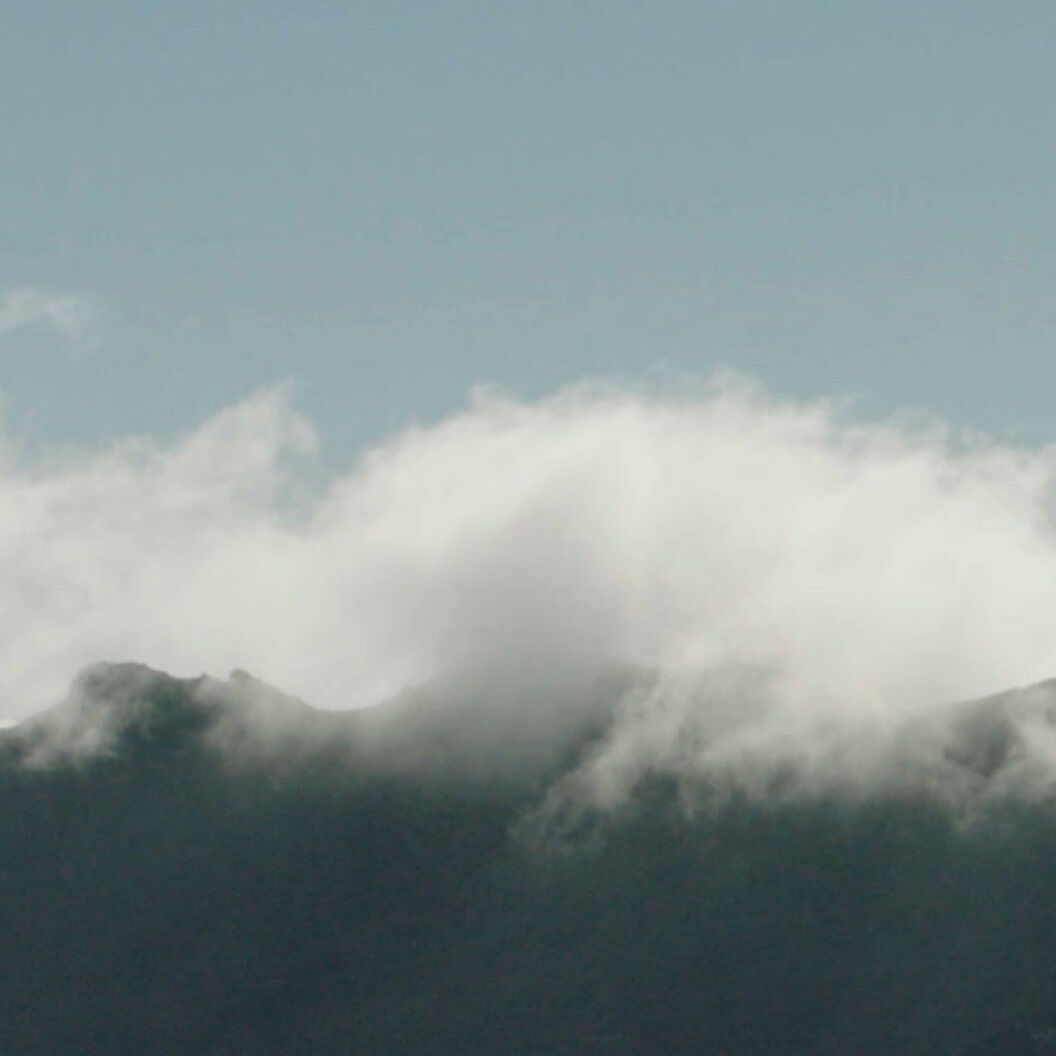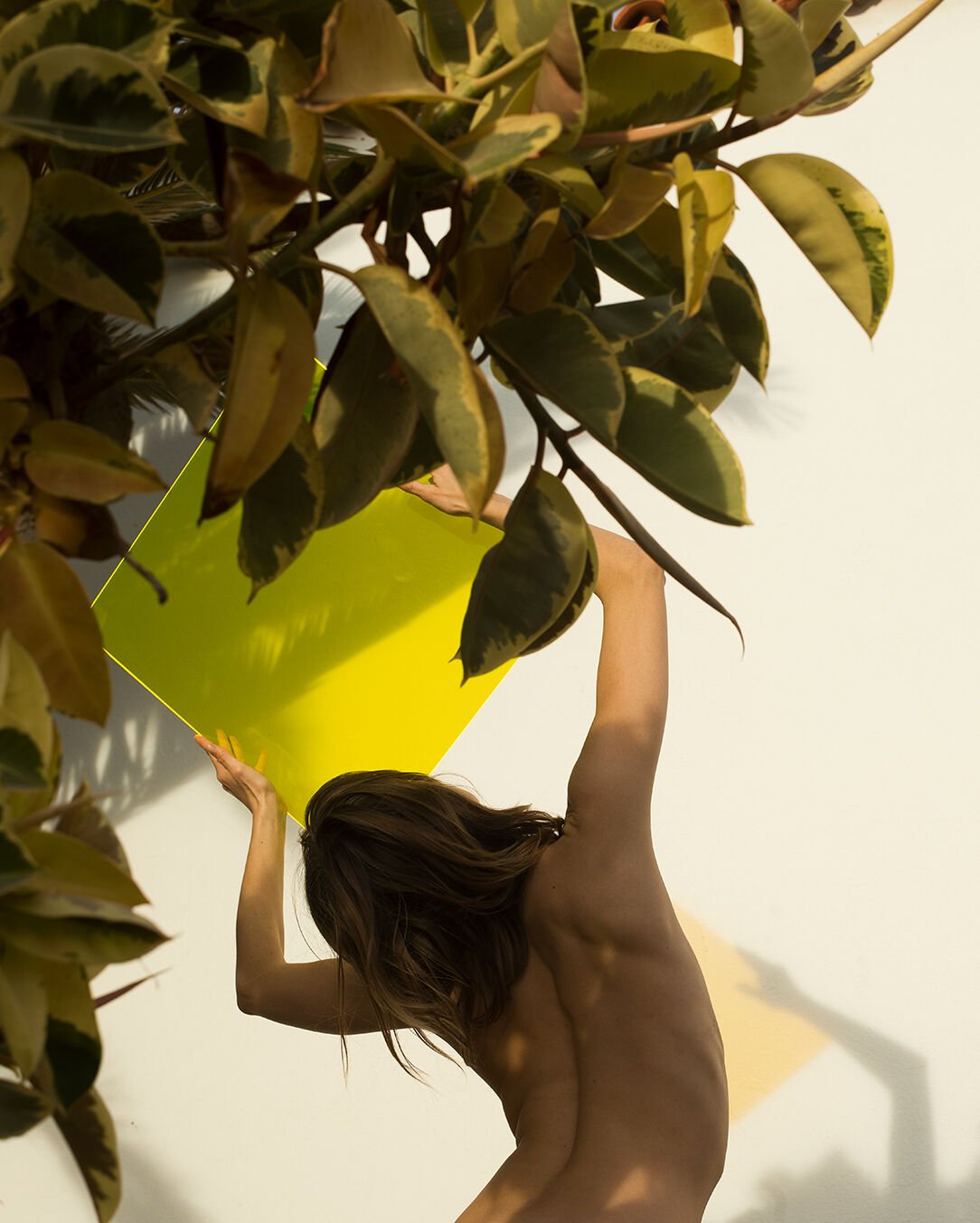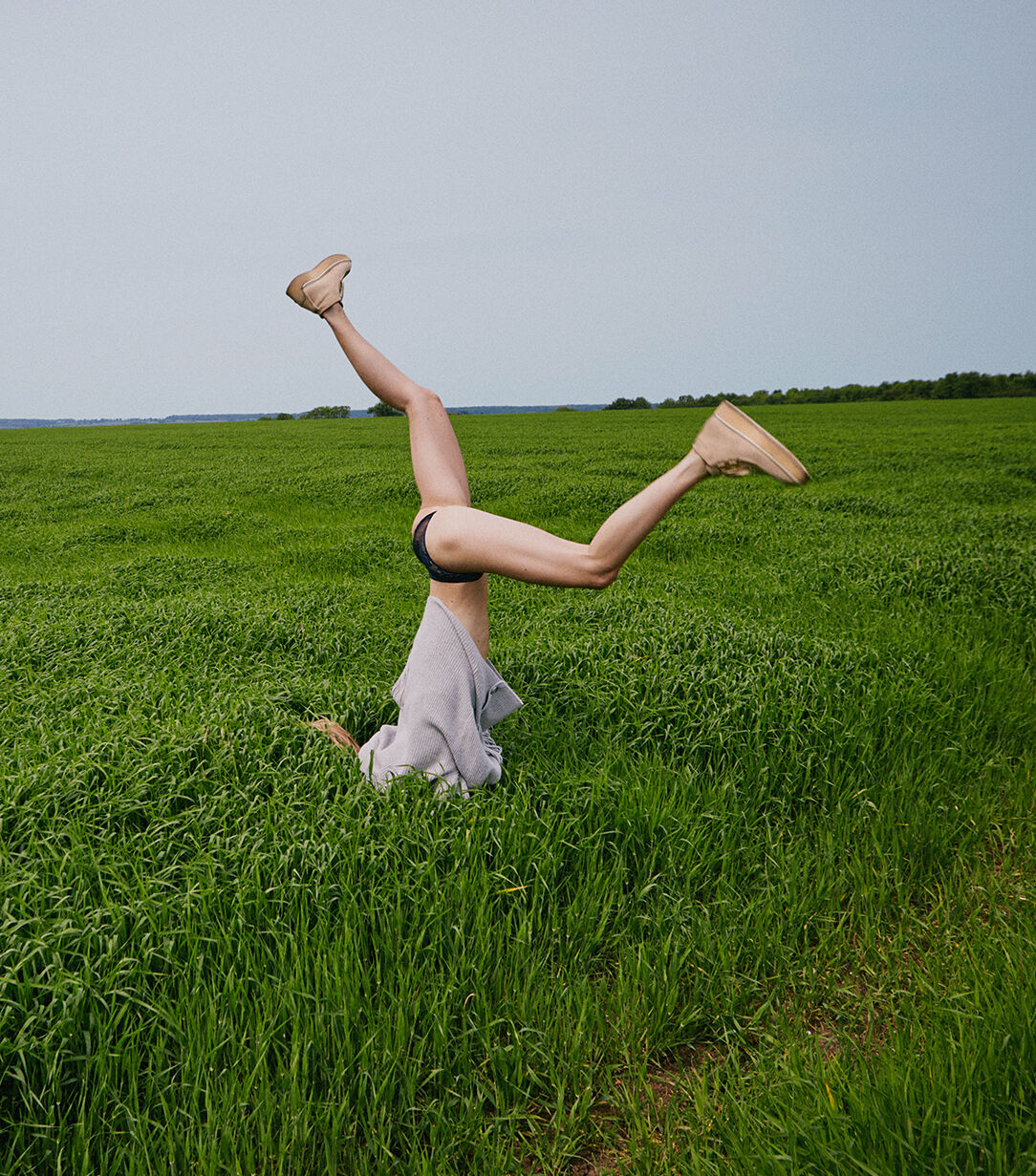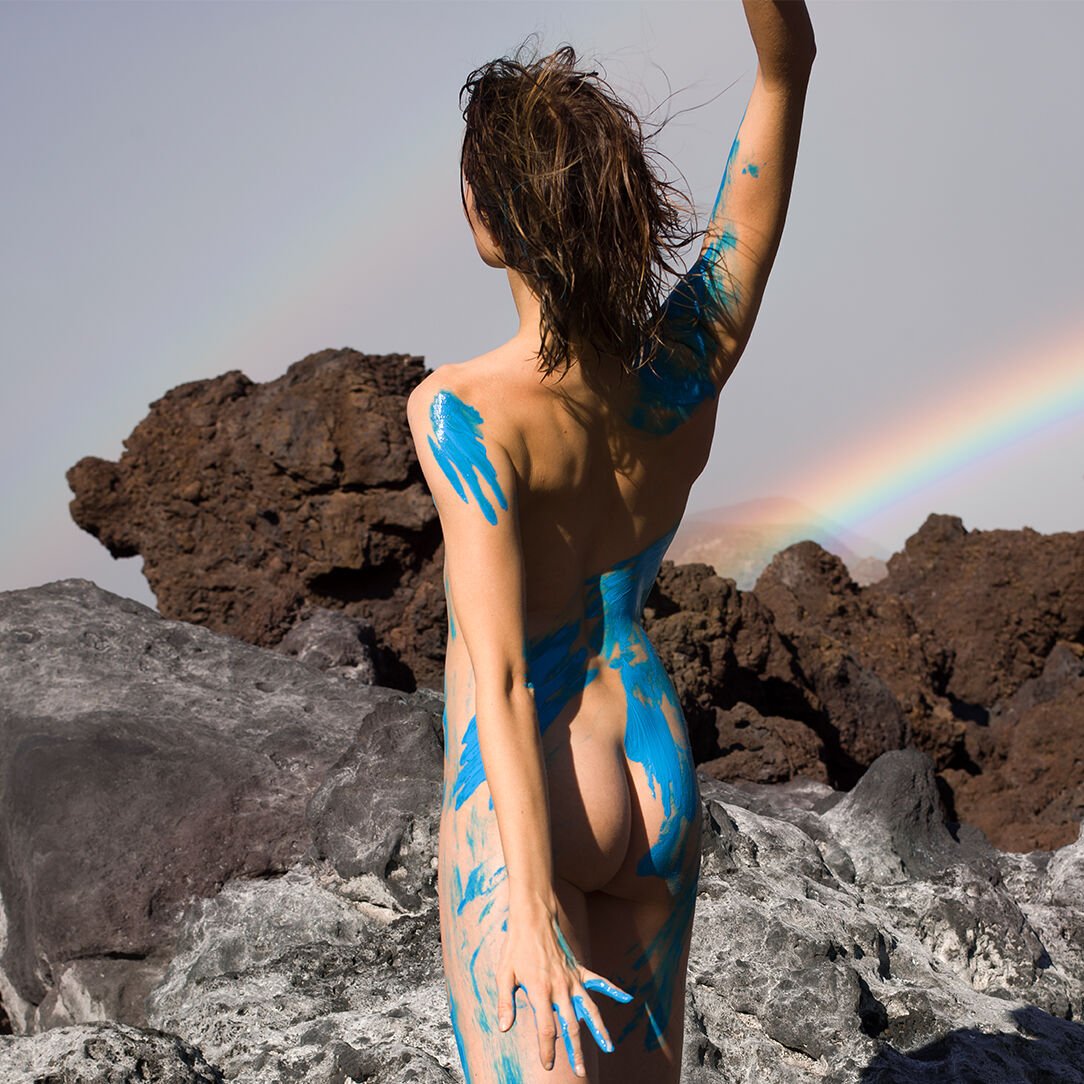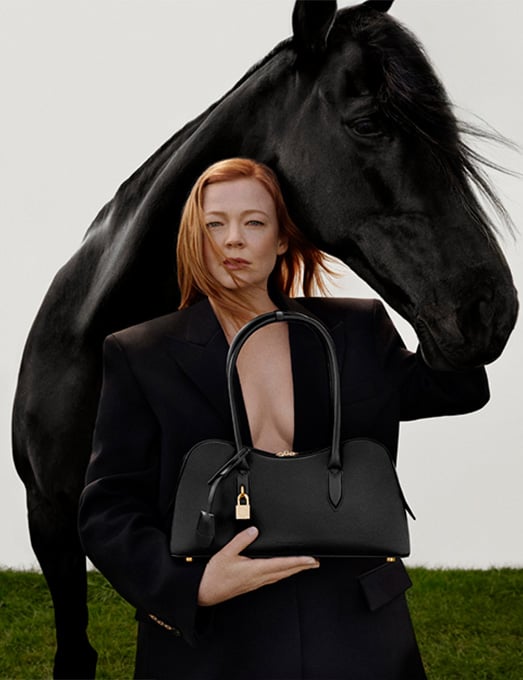Since Stella McCartney launched in 2001, we have been guided by our bold vision and values-led ethos – being kinder to Mother Earth, our fellow creatures and each other.
Explore our sustainability timeline to discover how our innovations of yesterday and today will protect our tomorrow.
2001
No leather, fur, skins, feathers or animal glues since day one.
2003
We began powering all UK locations with renewable energy from Ecotricity.
2008
We started using organic cotton.
2010
We went completely PVC-free.
First carbon offset as a brand
2011
Launched eco eyewear collection using plant-based resins and plastics.
Partnered with International Trade Centre’s Ethical Fashion Initiative to support artisans in Kenya with a Fairtrade accessories collection.
2012
Introduced bio-acetate in our eyewear.
Introduced APINAT™️, a biodegradable rubber, for the first time in our footwear.
Started using recycled polyester.
Partnered with the Natural Resources Defence Council (NRDC) on their Clean by Design programme, becoming the first company to bring it to Europe.
Banned plastic water bottles from all Stella offices.
Joined the Ethical Trading Initiative (ETI) – a leading alliance of companies, trade unions and NGOs that promotes respect for workers' rights around the globe.
Ensured all the wood in our stores and offices is FSC-certified, and our paper packaging is also either FSC-certified or from recycled sources.
2013
We went angora-free and introduced Eco Alter-Nappa, our smooth vegan alternative to animal leather.
Installed LED lighting and 100% renewable energy sources in our London flagship store.
Completed our first Environmental Profit & Loss account to provide an in-depth map of environmental impacts across the whole supply chain.
Switched to recycled polyester for the lining of our iconic Falabella bags.
2014
Started using bio-based TPU for shoe soles, made from 49% renewable resources.
Added a recycled polyester microfibre for bags.
We were the first fashion brand to join the Wildlife Friendly Enterprise Network.
Partnered with the environmental NGO, Canopy.
Launched the Clevercare initiative.
Initiated a multi-brand collaborative effort to build respect and recognition for workers within a highly skilled artisanal supply chain.
2015
We launched our Fur Free Fur.
Introduced recycled cashmere to ready-to-wear collections.
2016
Replaced all virgin cashmere with recycled cashmere.
Transitioned to forest-friendly viscose used in ready-to-wear made from FSC-certified pulp, verified by the CanopyStyle Audit.
Published first-ever Environmental Profit & Loss report.
Launched Falabella GO, a collection of backpacks and travel bags made from recycled nylon.
Initiated productivity and wage analysis pilot to raise worker wages.
2017
Incorporated lower-impact metals, added certified wool yarns for knitwear, developed the first prototype garment made with Bolt Threads’ vegan Microsilk™ and introduced recycled nylon.
Achieved Cradle-to-Cradle Certified Gold-Level© certification for our knitwear wool yarn.
Began a partnership with ECONYL® regenerated nylon.
Launched resale initiative in the US with The RealReal.
Debuted the first garment made with Microsilk™.
Co-hosted the launch of the Ellen MacArthur Foundation’s ‘A New Textile Economy’ report.
Started using low-impact metals, such as aluminium, on our iconic handbag chains.
Launched a holistic supplier improvement programme in China to build better HR management systems and improve working conditions in our factories.
2018
Banned the use of virgin mohair.
Launched the Loop sneaker, designed to be disassembled.
Released the first-ever vegan Stan Smith trainers with adidas.
Created the first handbag made from Bolt Threads’ Mylo™ – a mycelium-based vegan alternative to animal leather.
We committed to the Ellen MacArthur Foundation’s UK Plastic Pact.
Opened Old Bond Street flagship store – our most responsible store to date.
Initiated the creation of a multi-brand industry collaboration in Italy, focusing on increasing awareness around social sustainability and empowering suppliers.
2019
adidas by Stella McCartney developed the first-ever garments made with EVRNU®’s NuCycl yarn.
We announced the most sustainable Hunter boot ever, crafted with certified sustainable and traceable rubber.
We began using SOKTAS regenerative cotton in our ready-to-wear.
2020
Introduced bio-lenses in Stella McCartney eyewear and bio-acetate frames in Stella Kids eyewear.
Launched Stellawear – a sustainable innovation fusing underwear and swimwear made from Aquafil ECONYL® regenerated nylon and ROICA™ elastane.
Endorsed the ILO’s COVID-19 Call the Action in the garment industry.
2021
We released our Air Slide, made from recycled industrial materials.
Launched the world’s first garments made from Mylo™.
Incorporated even more recycled content into our Falabella bag collection and introduced regenerative fibres to our collections.
We were the only brand from the fashion industry to attend COP26 with our travelling exhibition, Future of Fashion.
Partnered with Humane Society International on our Autumn 2021 campaign, raising awareness and petitioning to end fur cruelty in the fashion industry.
2022
Released the world’s first-ever commercially available Mylo™ handbag, introduced Recycrom dye, Humana denim made from recycled textile waste and repurposed LVMH Nona Source deadstock fabrics. Debuted a new vegan alternative to animal leather using grape waste.
Voiced our support for New York’s Fashion Sustainability and Social Accountability Act.
Submitted our Science Based Targets for approval.
2023
Launched our first-ever close-the-loop garment, a parka made from ECONYL® designed to be returned and regenerated into new yarn at its end-of-life.
